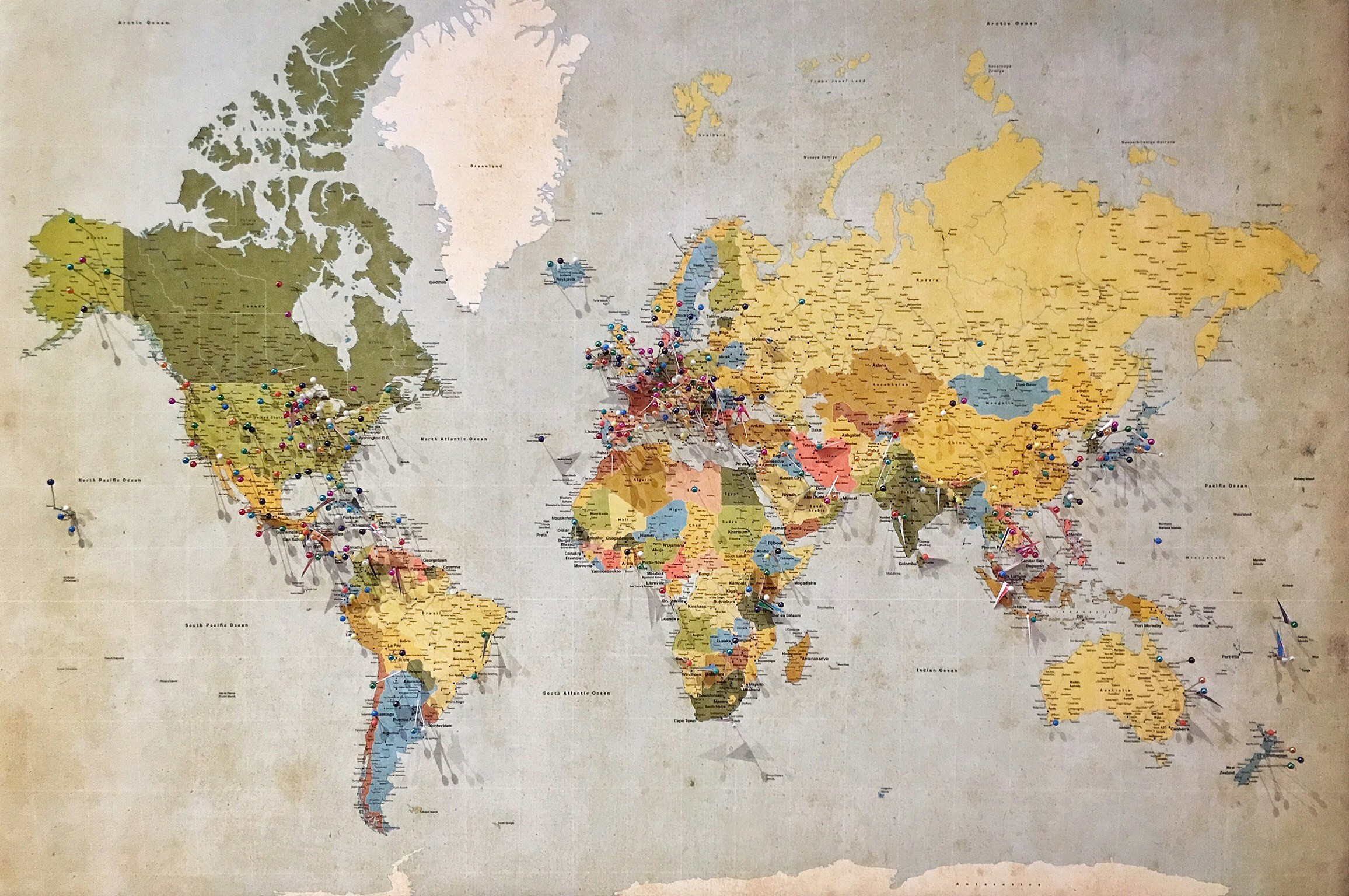In response to the alarming surge in the killings of women in Kenya, Odipodev, together with the Africa Data Hub, has unveiled "Silencing Women'' the country's first living database of femicide cases. Co-published with Kenya’s premier investigative newsroom Africa Uncensored, the initiative aims to shed light on the disturbing reality of women's lives at risk, providing crucial information to address victim blaming, under-reporting and to inspire meaningful action.
Since the tragic news of Starlet Wahu's death on 3 January 2024 and with over 10 reported deaths in the first month of this year alone, femicide has become a national talking point in Kenya. Despite the devastating tragedy of women losing their lives, data on this issue remains outdated and inaccurate, and this ultimately contributes to the limited knowledge of the extent of femicide in the country.
"We recognised that without relevant accurate data on the number of femicide cases, we would never be able to create awareness about the gravity of the situation and support changes we so desperately need," said Felix Kiprono, the Media Unit Lead of Odipodev. “We therefore embarked on this journey to fill a much-needed gap and to help journalists humanise the stories behind the numbers”.
Odipodev's femicide database is a comprehensive resource capturing data from over 500 deaths across Kenya between 2016 and 2023. The searchable database provides essential details about each incident, including the location, method of killing, and the perpetrator's history of abuse. "Silencing Women'' not only provides a greater level of awareness of this crisis as a whole but also intentionally puts names to the numbers, making it impossible for the public to forget the horror of these deaths.
"We want to help journalists report more effectively on femicide by providing them with accurate and detailed information," Felix explained. "This initiative is not only about recognizing the problem but also about understanding the patterns and trends over time. Femicides are preventable deaths."
The database is accompanied by a thorough analysis highlighting key trends over time, offering valuable insights into the systemic issues contributing to femicides. The exploration of the data provides the perfect launchpad for journalists to pursue their own investigations into this issue while for other stakeholders it provides a platform for constructive dialogue and collaboration to develop effective solutions.
As a part of Odipodev's commitment to addressing the root causes of femicides, the database seeks to challenge victim blaming and bridge the gap in under-reporting. By making this information accessible, Odipodev and Africa Data Hub hope to empower communities, policymakers, and law enforcement agencies to work collectively towards a safer and more secure environment for women in Kenya.
For more information, please reach out to Felix Kiprono felix@odipodev.com.


-p-1080.jpg)
.jpg)




